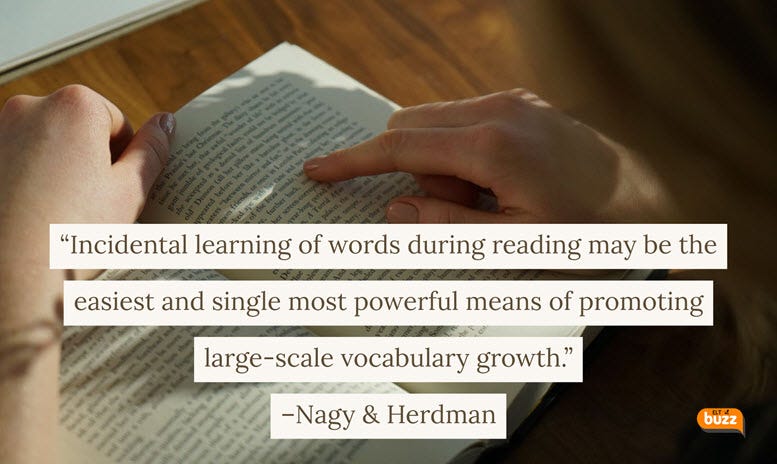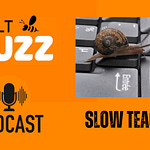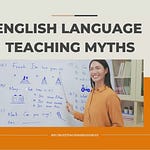ELT Pros Linkedin | Videos | Blog | Printables | ELT News | TpTs | YouTube
I spent part of the morning rereading Frank Smith, particularly his thoughts about how we learn. Delightful, insightful, thoughtful. I love his book: Comprehension and Learning, where he looks at learning as “demonstrations, but I also highly recommend his book about whole language, Understanding Reading.
One of the things that I think hinders many teachers and stops educational reform is our misguided beliefs about learning. Our beliefs about learning are part of a framework that governs our behaviors as a teacher (Stern, 1983; beliefs about language, society, learning, teaching). If our beliefs are more in line with “how things were done to me” and not research-driven – we end up with an educational model that is dysfunctional.
Through my years of teaching, I’ve come to see 5 large-scale myths about learning which operate across our teaching culture. They don’t allow for effective teaching or learning. I used to adhere to all of them but have worked hard to brush them away from in front of my eyes. Here they are for your reading and assessment. See my list of myths specific to English language teaching - can you spot the myth? Further, this post - How To Prevent Another Da Vinci, written by a high school student, hits on many of these myths below.
1. Learning is orderly.
Learning isn’t a tidy, stage 1, stage 2, clean, unidirectional affair. It is individual and we each form and make our own connections to get from A to Z. Further, there is no way we can measure or be sure of “what” the student will learn. We may be teaching about past participles but the student could be learning how the letter P is written on the board (while viewing us write it several times). Most of learning is accidental, is incidental.
Smith says that the core of learning is through “demonstrations”. The world is full of demonstrations and in a class or a book/activity – the demonstrations are not just the ones we wish the student to learn. Each act is a cluster of demonstrations and we can never be sure which the student will learn or consume. I’ve always been astounded that the research shows that the best way to teach a student to read and love reading is to just have students see you the teacher reading and enjoying text/books. With this demonstration, they are learning just as much as they would through a read-aloud.
Learning is not orderly, it zigs and zags, and as teachers, we should believe in the long-term goal/destination and not be occupied/frustrated at keeping students on a straight line of learning.
2. Learning is a fight, a struggle.
Yes, that’s what we are all taught – we have to “wrestle” with ideas and struggle to understand. However, exactly the opposite is the case – struggle and effort do not happen when there is learning and are actually evidence of the opposite (part of the boredom spectrum with one end being quiet “giving up” and the other end, fierce effort). Learning is not something effortful. When a student is learning, there is engagement, thought, flow, and rhythm – the student is within the learning zone and is motivated by each successive success, not their failure.
Most teachers teach failure, not success. Most teachers teach students to reach too far ahead instead of that knowledge that is within reach. We teach too fast and too violently for most students. We leave a train wreck of students who can’t learn, don’t even want to learn, in our wake.
Learning is what happens when there is an absence of the expectation that it will not take place.
3. Learning is either on or off.
So many of us teachers believe that if Johnny is looking out the window, he’s “not learning” and just goofing off. What we really should be honest about is that he is just not learning what we are teaching or want him to learn.
Learning is something that is a natural part of our cognitive and biological makeup. It is never “off”. We are all constantly learning and are incredible learning machines. This in fact might be our most important human trait – man the learner (and by default, flipping it, man the teacher).
Learning is something active and organic, always on. As a teacher, be aware that a light is always on in our students. We ignore this at our peril.
4. Learning = knowing.
Learning is mistakenly equated with knowledge. That we know something means we have learned it. How mistaken we are! Knowing is only the start of learning, the surface, and the appearance of learning. Knowledge is an empty vessel.
As teachers, we need to understand that a student learns something only when they understand and can apply it in a new situation. Our life teaches us what we have learned. Now you may say to yourself that most teachers know this, it isn’t a myth. And you’d be absolutely right – teachers do “know” this but have they learned this?
5. Learning is a solitary act.
At the end of the day, most teachers believe learning is done alone, in our own heads. It is the grey matter and how it flickers and sparks that counts. That is why we test individuals and put up big dividers between students in test areas. We want to know what that student learned.
However, we err. What a student knows and learns is always something that can’t be ripped from the social fabric. Students learn because they make an investment in “the other”. This could be an imaginary Harry Potter, their science project peers or a favorite teacher but learning is dependent on the existence of “the other”. Students learn when they are interested in something someone else is doing – there is no getting around this. Students also learn as a social unit and should be tested as such, despite our Cartesian and individualist cultural mindsets telling us not to.















